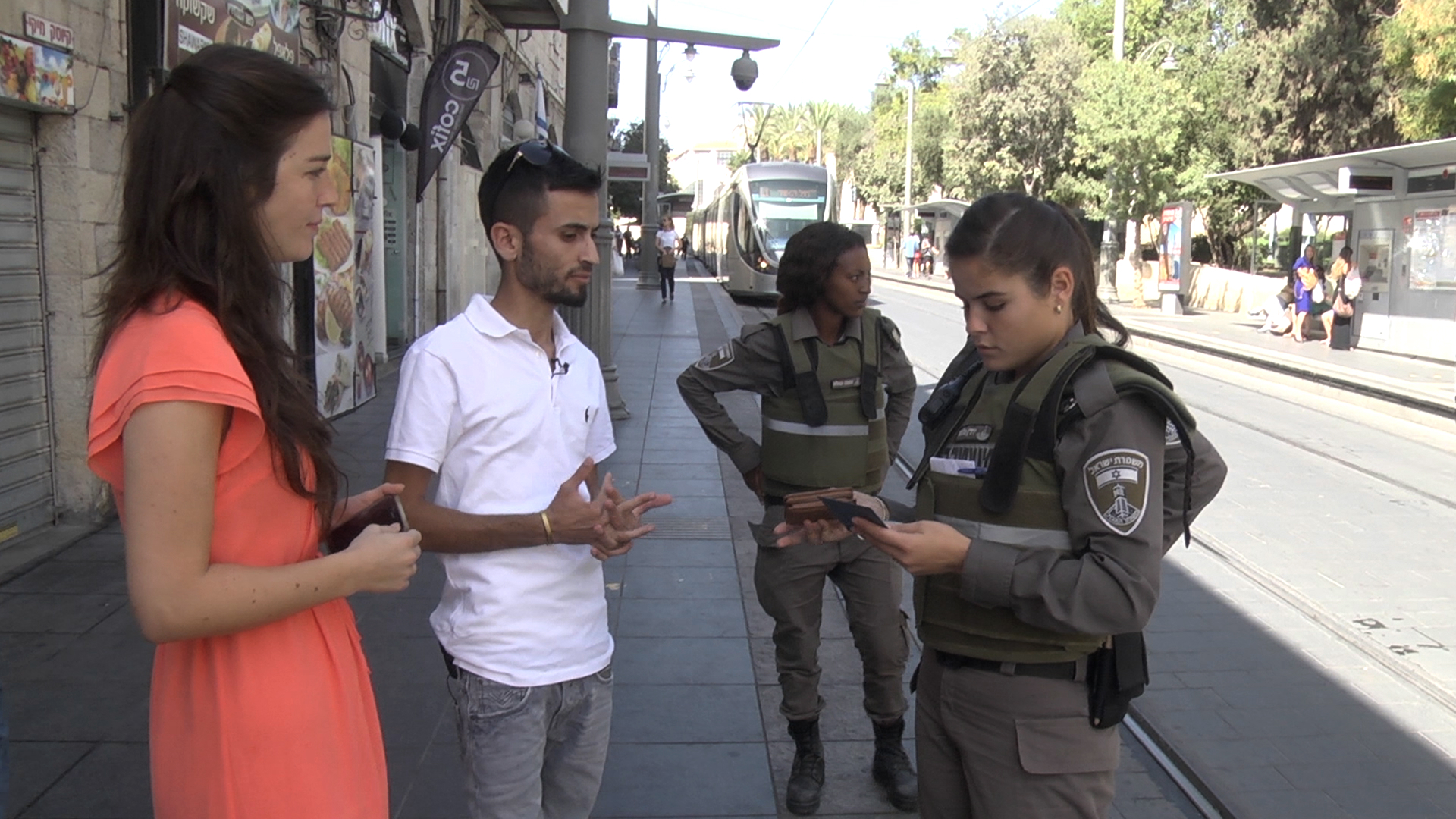In My Home, the latest documentary by Toronto filmmaker Igal Hecht, an Israeli citizen talks about his love for his country. He has served in the Israel Defence Forces and now trains youths from the same background as his to connect with Israel.
The man, Mohammad Ka’abiya, is an Israeli Bedouin, an Arab citizen of Israel. As he puts it in the documentary, “This country is good for every Arab citizen who lives here. We don’t have any other country. There is equality here. God bless the occupation.”
Ka’abiya is one of the Arab Israelis interviewed in My Home who talk about what Israel means to them. And contrary to many people’s expectations, the majority of Israel’s minority love living in Israel.
“We interviewed a variety of people with a variety of opinions,” Hecht tells me. “Some are Zionists, some aren’t,” but they all appreciate Israel.
“By giving Israeli minorities a platform, you see what is really happening in Israel. It’s not all rosy – anyone who thinks Israel doesn’t have racism, is an idiot. Arabs in Israel have complete freedom. It doesn’t mean there is no racism, there is,” Hecht says.
Ka’abiya himself encounters racism. In one poignant, almost ironic moment in the film, Hecht and his cameraman, Lior Cohen, are following Ka’abiya as he walks down a Jerusalem street with a Jewish woman, shortly after one of the stabbing incidents that had been widely reported late last year.
Suddenly, a group of young soldiers approach Ka’abiya, asking him for ID and questioning him. Ka’abiya is polite, and takes it all in stride. But only moments later, the same group of soldiers approach and harass him again.
“That scene speaks volumes,” Hecht says. “He understood the first time why he was stopped. A minute and 12 seconds later he was stopped by the same group. That’s where the problem is.”
Yet Ka’abiya takes it all in stride. As he says at one point, “We [Bedouin] have been citizens here for 67 years. Isn’t it time we felt that we belong?”
READ: DOC LOOKS AT ORIGINS OF GHANA’S JEWS
Minorities make up 20 per cent of the Israeli population, and the Bedouin are one of four major Arab groups, along with Muslims, Christians and Druze, in this minority.
But, according to this documentary, to most Israelis, they are all collectively “Arabs.”
The reason for this, Hecht believes, is that the Israeli media, which dictate the narrative, and Israeli society are lazy.
“It’s easier to call them Arabs,” Hecht says. “They don’t want to think, that’s a Muslim, that’s a Christian, etc., each with different thoughts, and that maybe Arab culture doesn’t impact everything they do. It’s easier to think in black and white. There’s a thousand shades of grey. Making things black and white is easier for people, but by doing that, you’re creating more hatred and racism.”
As far as the Israeli media are concerned, Hecht points to one specific scene from this documentary. At one point, they are at a protest in Sakhnin. Unexpectedly, the entire Arab Joint List party show up and the speeches, in Arabic, are full of incitement and hatred against Israel.
“It’s a call to arms, a call to bomb people. That’s just as horrific and racist as a prime minister saying Arab people are turning out to vote,” a reference to Israeli Prime Minister Benjamin Netanyahu’s controversial comments on election day.
Yet, Hecht says, the Israeli media only had a 20-second item on this protest, mostly because, he says, Israeli journalists don’t understand Arabic.
He said it was important for him to give a voice to the average Arab. “All you hear on TV is an Arab minister screaming and BDS people, but the average individual is never given a platform. We give the average individual a platform to speak – about how they view Israel and what Israel means to them. And we show Israelis that not every Arab hates Israel, some love Israel.”
One of the more interesting people of the four Arabs interviewed for this film is Jonathan Elkhoury, a Lebanese Christian who immigrated with his family after the Israeli withdrawal. Elkhoury is interviewed in his home, discussing with his Jewish roommate why he doesn’t like being called an “Arab.”
READ: GREAT ESCAPE FROM NAZI CAMP SUBJECT OF NEW DOC
“That was such a surreal scene,” Hecht recalls. “You have the Jew telling the Arab, ‘You live in an oppressive state,’ and him saying, ‘No, what are you talking about?’ He’s a Christian who lived under the oppressive regime of Hezbollah. He’s now living in a predominantly Jewish democracy that allows him to celebrate Christmas and walk outside wearing his cross. He doesn’t take any of that for granted.”
My Home recently premiered in Boston where Hecht won best director at the Global Cinema Film Festival.
The documentary is also being edited for a five-part series that will feature over 30 interviews.
My Home has its world broadcast premiere on the Documentary Channel on May 10 at 8 p.m.
